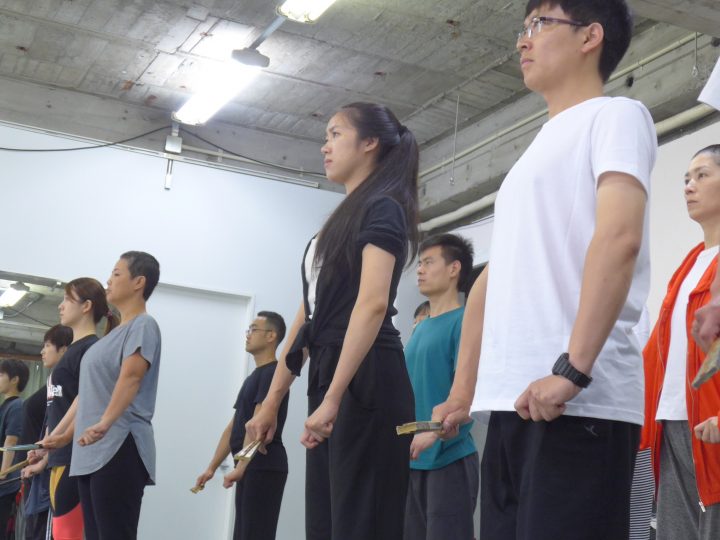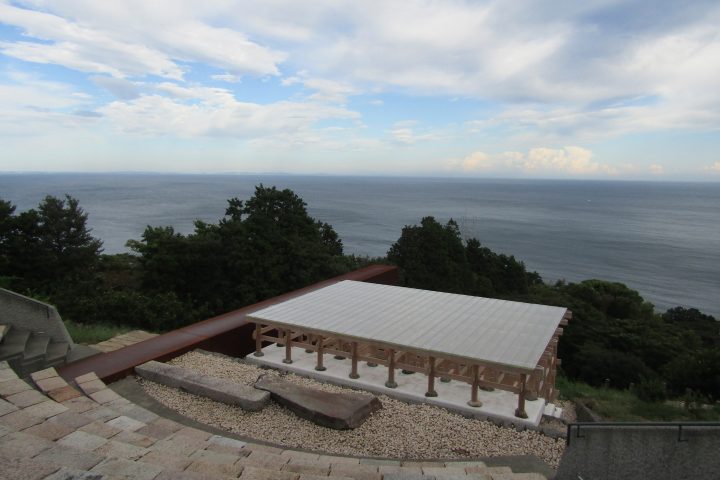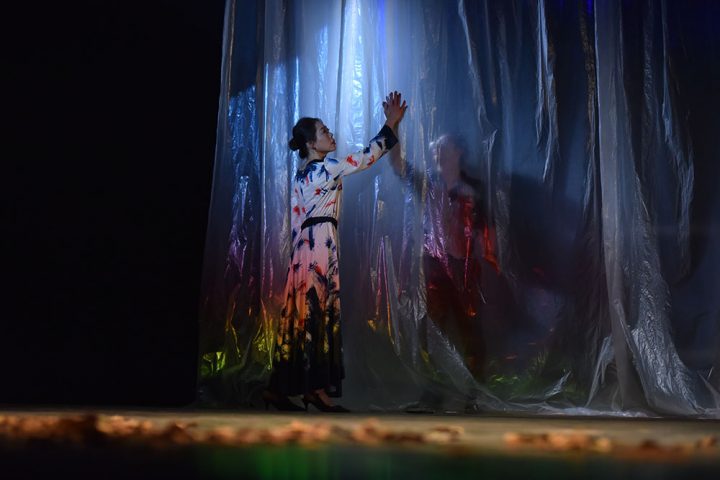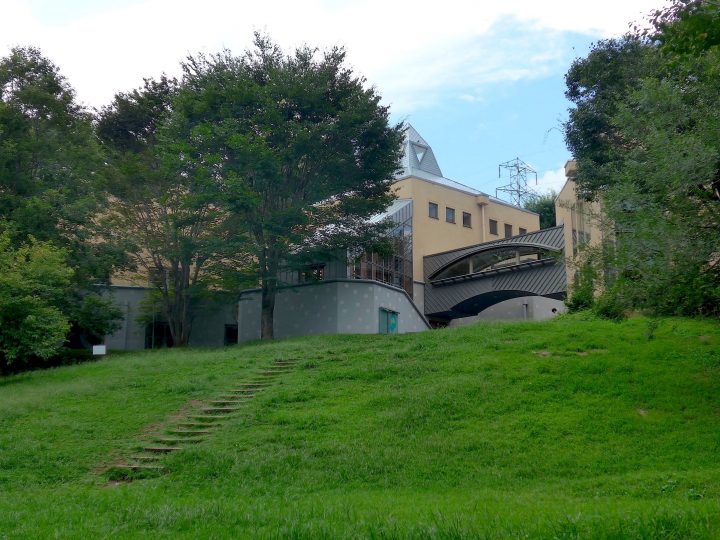Absolutely entertaining! Governor speaks passionately about the appeal of the Kamome Short Play Festival
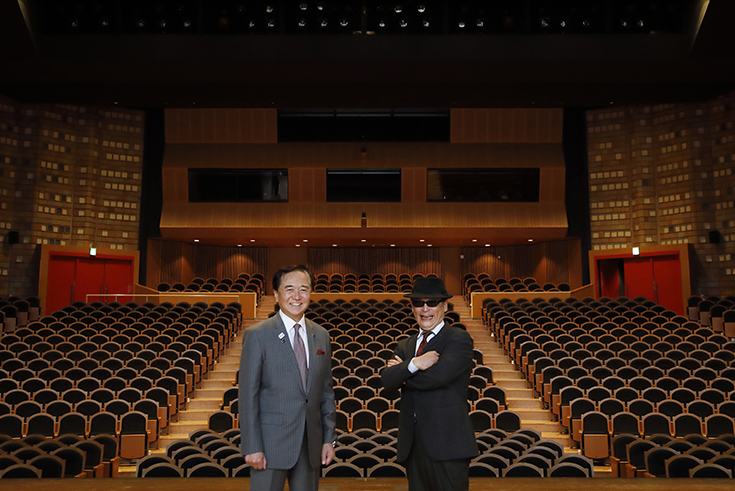
The Kanagawa Kamome Theater Festival (hereafter referred to as "Kamosai"), which began in 2016, is a theater festival showcasing short plays of 20 minutes or less. A wide variety of works selected from across the country come together in one place, and can all be viewed during the same period at the same venue.
We spoke to Kanagawa Governor Yuji Kuroiwa, who is known to be a fan of culture and the arts, and Kamosai Executive Committee Chairman Satoshi Maruo about their thoughts on the next event.
-At the 3rd Kamosai festival held in January, you were able to see the works of all the participating groups.
Kuroiwa : Yes. It's not common for the governor to watch the whole thing (laughs). But it's a rare opportunity to see works by people you don't normally know all together. What's more, each performance is 20 minutes long. The story is completed in 20 minutes, so there's a sense of tension that keeps you glued to your screen for even a moment. Each performance had its own unique character, and it was undoubtedly entertaining.
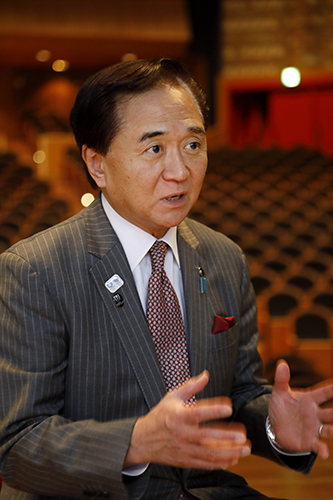
Maruo Theater is often thought of as being "a little out of reach," and going out of your way to see a work that lasts more than two hours is a big burden. In that respect, "Kamosai," which collects works that can be enjoyed in a short amount of time, can be a gateway to theater. There are a variety of genres and styles, so you can enjoy the work with the attitude of "I didn't understand this one, but this one was interesting."
Today, Japanese theater is dominated by feature-length plays, but historically, short plays have also been popular. In the past, the Imperial Theater had a performance format called "Midori" that staged a variety of short plays. The "Midori" in "Yoridori Midori" (choose your own play) was popular with tourists coming to Tokyo. I think that "Kamosai" has the potential to resonate with people across the country, with people saying, "If you go to Kanagawa, you can see interesting short plays." To that end, I would like to continue to present high-level works.
—It also plays an important role in making Kanagawa more attractive.
Kuroiwa : Kanagawa Prefecture is working on "Magcul (Magnet Culture)," which attracts people with the charm of culture and the arts and creates a lively local area. And "Kamosai" is fun to discover talent. You might think that it's easy to make a short work, but in reality it requires a lot of skill. The skill of the scriptwriter, the skill of the director, and the skill of the actors. It's a great pleasure for us to find new talent among the people who gather from all over the country. And young people will think, "If I go to Kanagawa, I have a chance to show off my talent." It would be great if we could create such a cycle.
Maruo : I recently went to Okinawa to serve as a judge for a short play. This was started by the representative of the Okinawa team that participated in "Kamosai" with the idea of "presenting a wonderful work from Okinawa to Kamosai." I felt a strong sense of expectation for Kanagawa, that "Kanagawa is a chance for new encounters, and we definitely want to perform here."
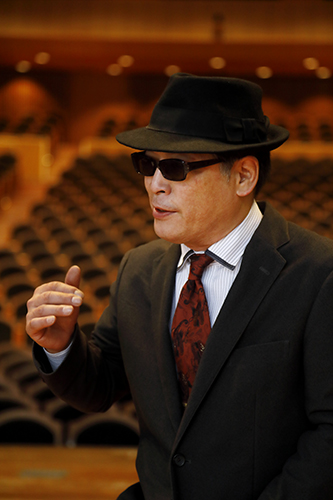
--Are there any creative ideas in terms of operation?
Maruo : Since theater is so diverse, some people believe that works shouldn't be scored and evaluated. However, the friendly competition that arises from this, the encounters with audiences, judges, theaters, and other works that we don't usually come into contact with, and the impressions and opinions exchanged, all lead to an improvement in the level of both the creators and the audience. We don't want to take a condescending approach and "select" the best, but rather want to value the perspective of "inviting a wide variety of works from various regions to come."
Kuroiwa: This time, a team from Korea participated, but we have been conscious of internationalization from the beginning. There is a language barrier, but with some ingenuity, such as providing subtitles, we can create an interesting play. In the first place, there is no rule that a play must have lines. Magcul is aiming for Kanagawa to attract attention from overseas in terms of art.
—What are your plans for next year's Rugby World Cup and the 2020 Tokyo Olympic and Paralympic Games?
Many people from all over the world will visit Japan to watch the Kuroiwa Sports Festival. Some of them will also want to enjoy entertainment in their free time. We hope that these people will enjoy "Magcul."
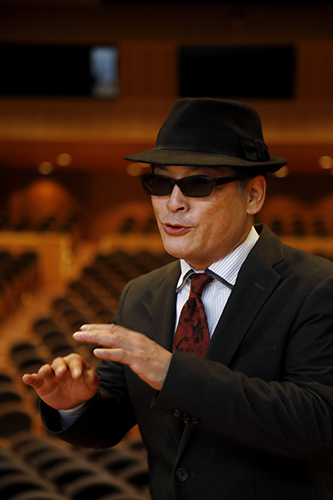
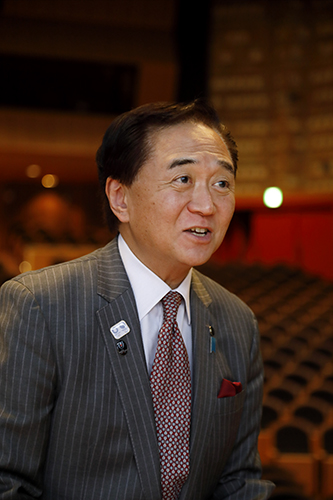
—Are there going to be any new initiatives at the fourth Kamosai?
Maruo: This year we plan to establish the Kanagawa Kamome Short Play Award. It will be the first time in Japan that an award for a 20-minute short play will be given. If the winning plays are performed at a festival such as Kamosai, it will motivate writers and lead to improved content quality. In the future, I hope to have an environment where short plays can be viewed at any time in a permanent theater, rather than just at a once-a-year festival.
Kuroiwa: I would like to think about expanding the base even further in the future. For example, there are community musicals that are actively performed all over the country. The creators are not professionals, but when they decide to do it, the power they have is immeasurable. I myself founded a drama club in junior high school and belonged to the musical research club at Waseda University, so I have high expectations for the power and breadth of entertainment. Using cultural and artistic events like "Kamosai" as a starting point, I intend to continue promoting Magcul in the future.
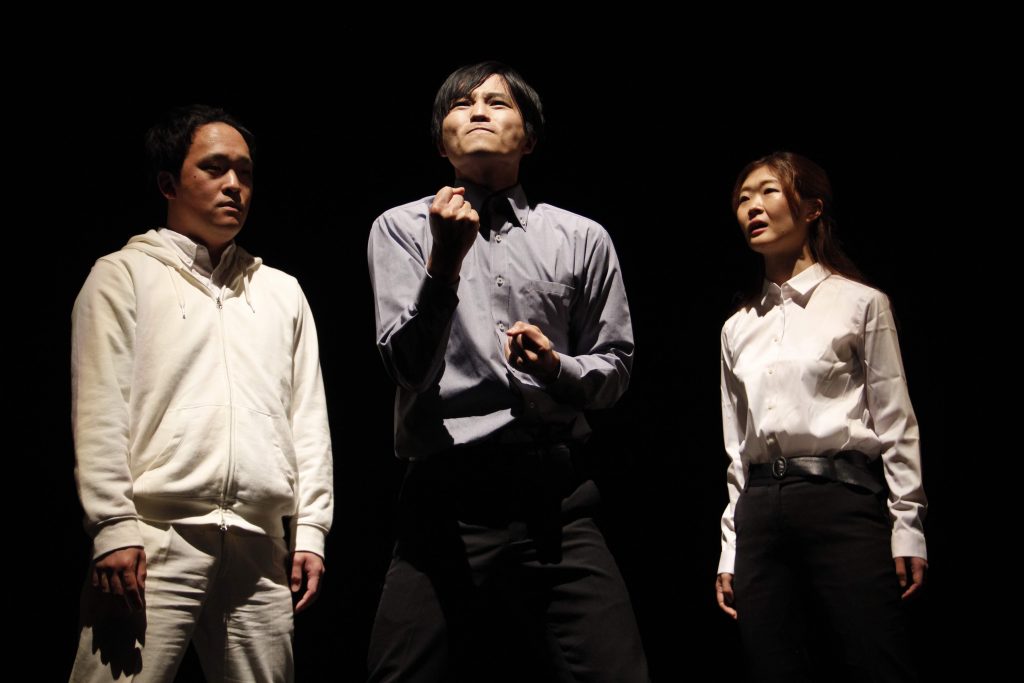
2nd Best Picture Award "Without Knowing"
Written and directed by Hiroshi Oshima / Performed by Chi Reactors
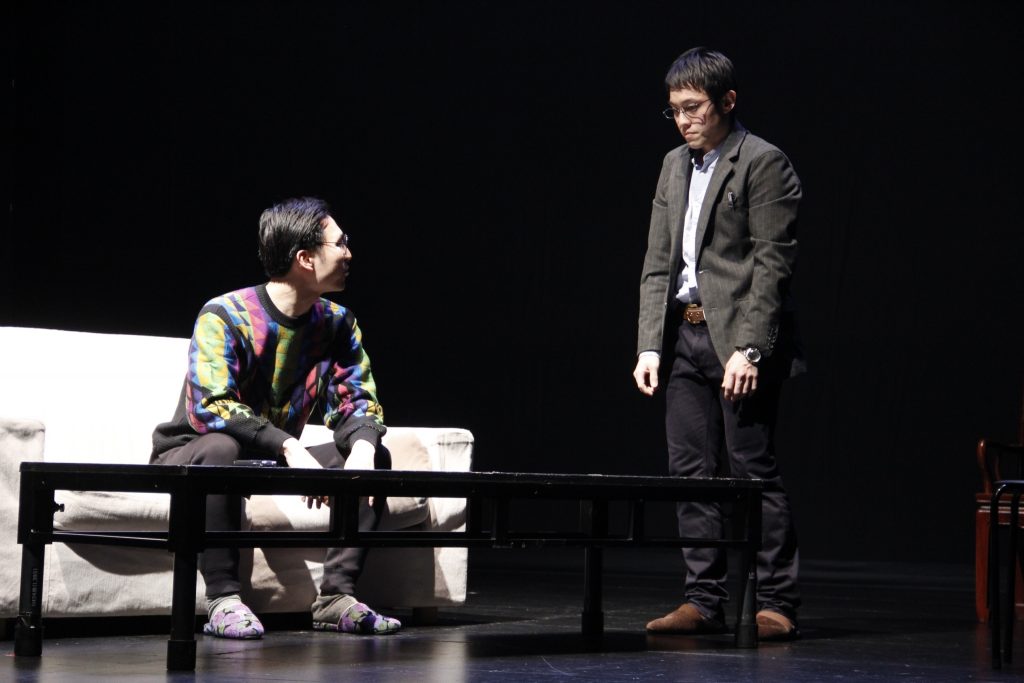
3rd Best Work Award "Arch Theory"
Written by Morihiko Takeshige (Megane-do) / Directed by Ippo Matsumoto (Breaststroke Main Store) / Performed by Breaststroke Main Store
